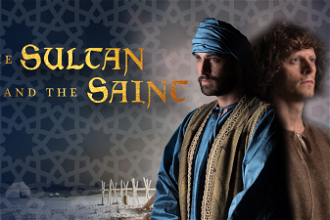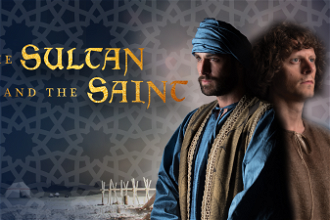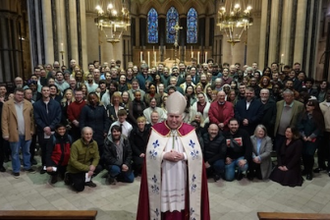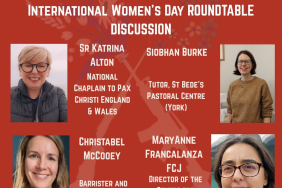Dialogue between St Francis and the Sultan - relevance today
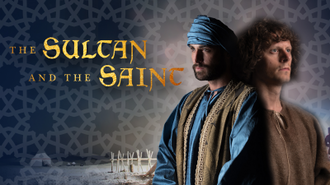
Image from The Sultan and the Saint film
Michael D Calabria, OFM, a dear friend of the members of the Islamic Studies Association, Delhi made a presentation on: 'Dialogue between St Francis of Assisi and Sultan Malik al Kamil: its relevance today' in a webinar jointly organized by the Institute for Dialogue with Cultures and Religions, Chennai and Islamic Studies Association, Delhi on eve of the feast of Saint Francis Assisi (3 October 2021). Brother Michael is a professor of Arabic and Islamic Studies at St Bonaventure University, a Franciscan institution located in New York State, USA. The webinar began with Sister Lakshmi Menon, reading a prayer of invocation from the prayer book of Naqshbandhi order of Sufi Silsilah which was attended by Muslims and Christians.
In the webinar, commenting upon the meeting of St Francis of Assisi with the Sultan of Egypt, al-Malik al-Kamil in the midst of the Fifth Crusade, Calabria noted that Francis engaged the Sultan peacefully and respectfully, in stark contrast to the prevailing Christian practice of defaming Islam and its Prophet. The simplicity and peacefulness of Francis's countenance and attitude seems to have earned the Sultan's admiration. In this encounter, both individuals gained a greater appreciation for and understanding of each other's faith and values, and perhaps saw what they held in common, Calabria noted. What, he asked, is the relevance of this encounter that is buried in the hagiographical material and finds no mention in the contemporary Arabic chronicles?
This meeting continues to be relevant as sectarian conflicts involving Jews, Christians, Muslims, Hindus, Buddhists and others continue in many parts the world. Thus, the story of St Francis and the Sultan is perhaps more significant now than it was 800 years ago. Today, Christianity and Islam are the two largest religions in the world, together accounting for more than half of the world's population. The example set by St Francis and the Sultan is a poignant and timely reminder that Christians and Muslims can and do learn from one another.
Professor Calabria also pointed out that later writings of Saint Francis manifest the profound influence this journey left on him. He drew the listeners' attention to the prayer of Francis that consists of a long litany of names of God: "You are strong", "you are great", "you are the most high", "you are the almighty king", "you are love", "charity"; "you are wisdom", "you are humility", "you are patience", "you are beauty", "you are meekness" and so on. This prayer of praise perhaps reflects Muslim usage of the ninety-nine "Beautiful Names of God" (asmā ' All āh al-ḥusnā) in their prayers.
Calabria also pointed out that the Muslim aḏān (calling one and all to pray) seems to be reflected in Francis's Letter to the Rulers of Peoples. In this letter Francis encourages that praise and thanksgiving be given to God at certain times of day and writes: "that every evening an announcement may be made by a messenger or some other sign" to call people to prayer and thanksgiving. These writings might reflect the Francis' time at the court of the Sultan which impacted his spiritual outlook.
Every time I read this story and reflect on it, a new aspect of this event strikes me beautifully. Francis approached the Sultan to share the love of God. In other words, Francis wanted to simply preach the Gospel. In the light of the teachings of the Second Vatican Council we understand, the 'Mission' signifies the spread of God's love, the diffusion of the Caritas that flows from the Trinitarian God into the world. In a similar vein, Pope Paul VI defined dialogue as "the internal drive of charity that seeks expression in the external gift of charity" (Ecclesiam Suam 64). One lesson that one could learn from the episode of Sultan's meeting with Francis is that our engagement with Muslims or for that case with anyone must be grounded in love and charity.



